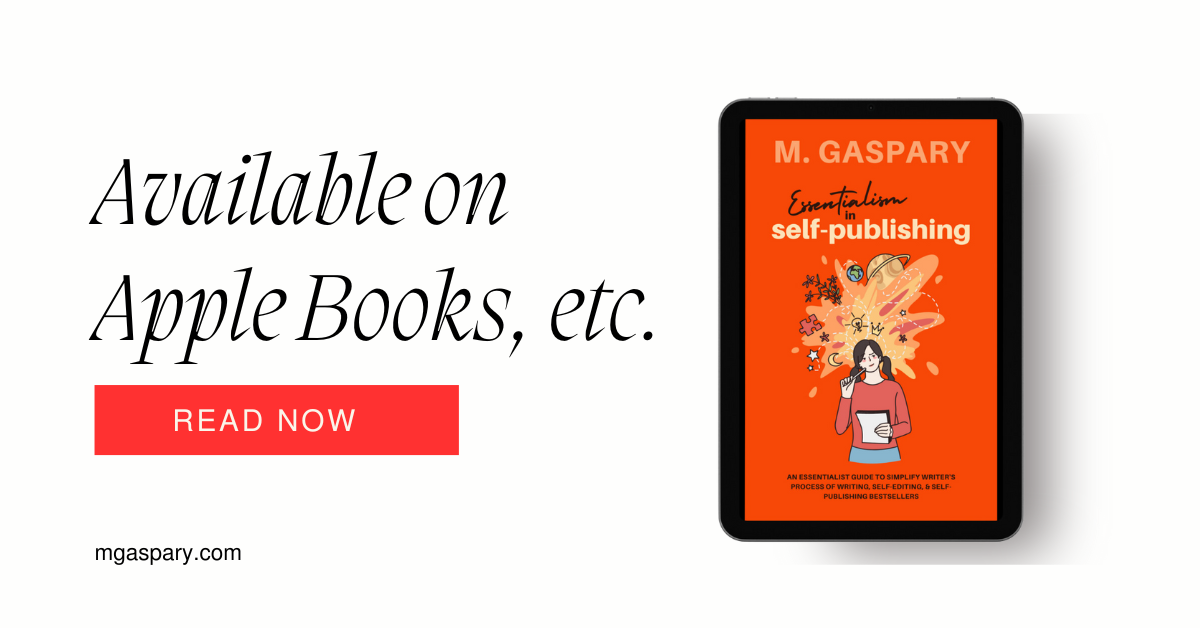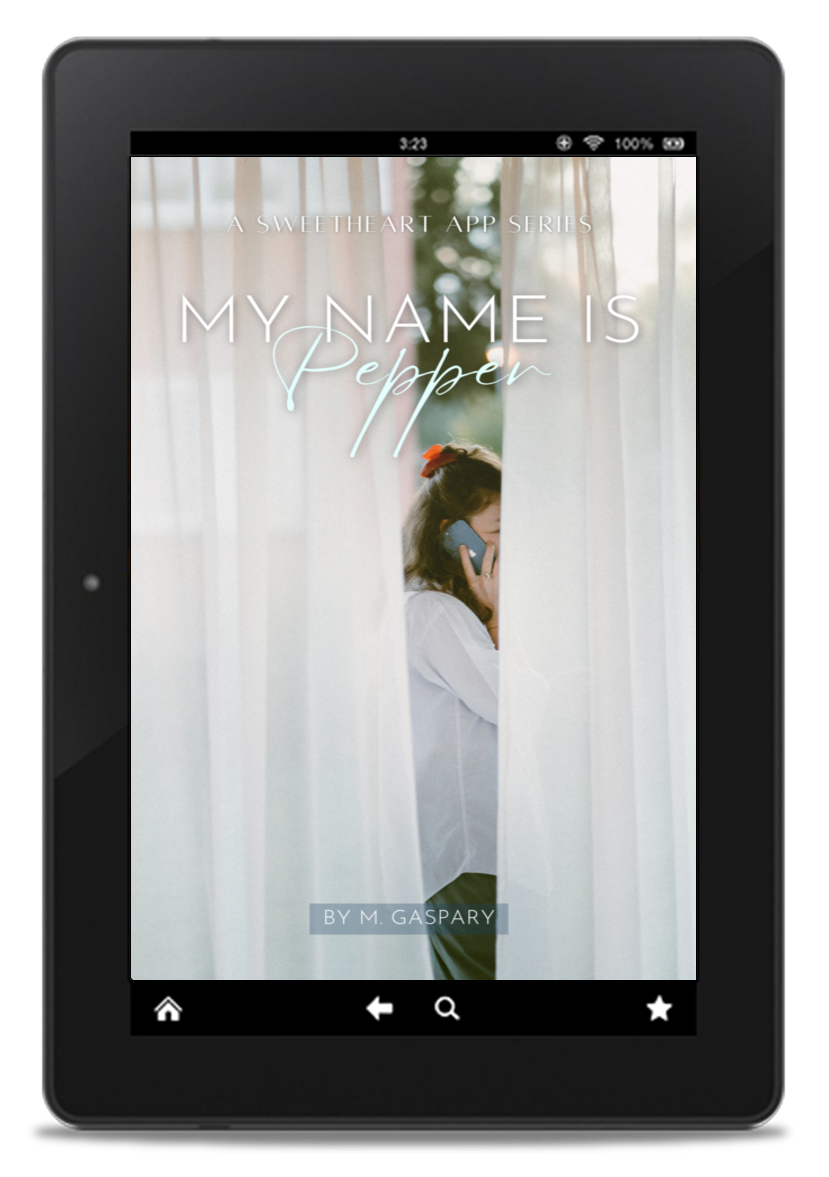“A story is really about a character, trying to accomplish something, runs into other people who either help or harm their intention.”
Glen Gers, Screenwriter
In the last 25 years, Glen Gers has been a professional writer of movies and television, which includes theatrical features and indies. In an interview with Film Courage, he shares the six (6) essential questions that writers must ask, regardless of the medium, to create compelling stories.
Table of Contents
- 1. Who is it about?
- 2. What did they want?
- 3. Why can’t they get it?
- 4. What did they do about it?
- 5. Why doesn’t that work?
- 6. How does it end?
- Conclusion
According to him, this set of questions is vital because if the writer (you) can’t give a definite answer to any of them, you have a higher chance of losing the story and the characters, or at its worst, you don’t have a story to tell.
“Writing is a process of questions,” he says, which means the writing begins beyond identifying a genre or form of literature.
For instance, you don’t limit yourself to figuring out if your book falls into the romance category. Instead, you go beyond that. Like how you are going to tell the story, who’s going to be the main character, and what the story is all about. Because everything the character does is made out of a choice.
And a story, a great story, is a collection of choices your character makes.
1. Who is it about?
If you don’t have a character, you don’t have a story. Because there is nothing to watch, there is nobody to relate with, there is no one doing something. It doesn’t even have to be a person. A maple leaf can be the hero of your story, too.
“I think the basic idea of a story is that you’re going to be following a character or characters. It is entirely possible to tell a story of multiple characters. You don’t only have to tell one person’s story.”
The point is you have a lens to focus on. And within this lens, you see the journey, which is what your story is all about. If that makes sense, it is necessary for you to define who’s who. Who’s the main character, the driver, of your story? From whose life are we watching right now?
For instance, in a novel, who’s talking in Chapter 1? How about in Chapter 2, whose eyes are we looking at? In a screenplay or a stage play, who’s talking now?
As a writer, you need to define this first before you even think about the genre or the publishing route. This is because your first job is to create a solid foundation for your story. If you skip this step, you’re going to waste a lot of time writing something without any sense of direction. Your work will go nowhere.
2. What did they want?
If your character doesn’t have a strong, clear motive, you will definitely have a hard time figuring out the entire course of the story. This is why you need to figure out your hero first before you move your attention to the bigger picture (the whole story, AKA the plot).
What does he/she want? Regardless of what it is, be it a petty or a grand dream, goal, or aspiration, it isn’t your job to judge. Your job as a writer is to define it, not to judge it.
Be it for ego-centered reasons or self-righteousness, it doesn’t matter. The more real your character’s drives are, the more compelling they become.
“Every character thinks they’re the main character. If you have your hero walk into a hotel and try to get a hotel room, that hotel clerk [sic] thinks they’re the center of the movie because they’re the center of their story.”
3. Why can’t they get it?
To make any story compelling enough, you have to increase the stakes. Make the character push the limits until such time he/she realizes she is damned, trapped, whatever. And if you’ve done a great job in the character-building process, you won’t find it hard to articulate the needs, desires, and wants of each and every character you have.
According to Gers, it is a must for writers to place obstacles in the scenes. For me, an obstacle is a stimulus that can either be a dialogue thrown by a character or a life-changing situation. It could also be obvious or discreet.
The point is you, as a writer, place these stimuli in every scene to stir conflicts. To challenge the characters.
“And this person comes up to them is getting in their way, or [sic] charm them, or whatever it is they’re doing, they’re trying to do something. That interchange is the basic building block of a story.”
Big or small, a conflict makes the narrative a story. And if you’ve done your job in solidifying their motives, all you need to do is place these stimuli everywhere in the absence of fear that you would lose the story or yourself in the writing process.
4. What did they do about it?
Gers introduces the idea of a “dramatic action,” which means someone is trying to accomplish something, which mostly involves interacting with people.
The action doesn’t have to be grand and obvious. It could also be as discreet as sitting on the bench or as subtle as drinking coffee. The point is there is something going on inside (internal conflict) and outside (external conflict).
“Sometimes the action can be I have to take the suitcase and put it on the train. Whatever. But I still have a thing I’m trying to accomplish, and that’s what story is.”
In addition to that, the more you put challenges or stimuli in his journey, the more interesting the story will be. He emphasizes both internal and external conflicts as obstacles, as long as it is getting in the way of accomplishing his goals.
5. Why doesn’t that work?
The story will only become a story if it possesses conflicts. Your character, without conflicts, is boring. And the writing, in general, will go nowhere. For instance, your audience must smell conflict from the first page.
Because if you don’t, there is nothing to write about. Imagine a Cinderella story without the stepmother and the stepsisters or a Walter White story without Hank and Gus. Princess Aurora’s love life could have been finished if Maleficent wasn’t attacking Prince Stefan.
If the conflict tests the character to the limits of his abilities, the more you draw people’s attention. Why? People like to see other people’s breaking points. They wanted to see how others endured the pain and overcame the life-staking challenges in their life.
This is a subconscious thing, to be honest. Because most of us desire to do the same: to overcome something. Psychologically speaking, we subconsciously project ourselves to the main character and live their life as our own.
6. How does it end?
Gers emphasizes the significance of having this known, though it doesn’t have to be perfectly written (yet). The point is you put it down on paper, you write it down. Simply point it out. Define it.
“Everything that you can do to put a little something down to create a bit of something to your creativity to hang on to that’s, for me, the essence of writing.”
Will your character accomplish his goals or not? How will he or she determine the course of action to achieve it? These questions will have their answers at this point.
After all the obstacles he’d overcome, the inner demons he’d faced, and the number of people whose relationships he’d compromised, would he get a hotel room? Will he put the bag on the train? Finally?
Define it. Make it known to you.
Conclusion
Writing the first novel of the Cult of Eros series would have been a disaster if I hadn’t met Glen Gers online. After scouring the internet for answers and guidance, I found his interview with Film Courage. And these questions saved my life… and time. And I hope with yours, too.
By the way, before you leave, my first novella is coming out this December 29, 2023. If you like to read a cute love story, check out “My Name is Pepper: Sweetheart App #1” in your favorite eBook store. It’s currently available for preorder. Thank you!
If you find this article helpful, let me know in the comment section below. Share these questions with other writers, too. That will be much appreciated. Have a great day! 🙂



Leave a Reply